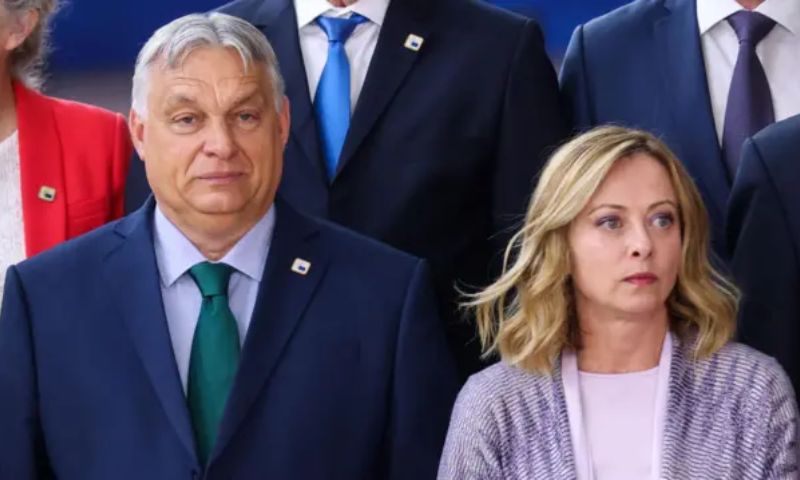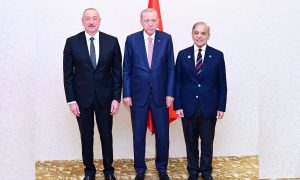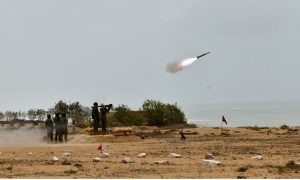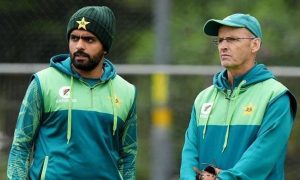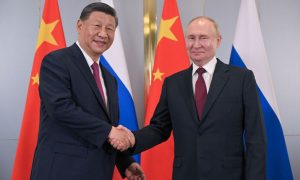BRUSSELS: European Union leaders have agreed to nominate Ursula von der Leyen of Germany for a second five-year term as president of the European Commission, the EU’s powerful executive forum. At a meeting in Brussels, the alliance’s 27 national leaders also picked former Portuguese PM Antonio Costa as the future chair of their European Council meetings and nominated Estonian PM Kaja Kallas as the new EU foreign policy chief.
View this post on Instagram
The body’s current chair, Charles Michel, told media that mission accomplished and the forum has delivered. The leadership package represents continuity at the top of the alliance of around 450 million people, with centrist pro-EU factions keeping hold of top positions despite a far-right surge in polls to the European Parliament earlier.
The trio won broad support but right-wing Italy’s Prime Minister Giorgia Meloni abstained from the vote on von der Leyen and also voted against Kallas and Costa, diplomats say.
Meloni said in a statement via social media that she took the decision not to back the leadership slate out of respect for the people and the indications that came from those citizens during the recent polls.
Similarly, Hungarian PM Viktor Orban, another right-winger, also voted against von der Leyen and did not vote for Kallas, according to diplomats.
The leadership package is balanced politically and geographically. Von der Leyen hails from the center-right, Kallas from Europe’s liberal group and Costa from the center-left. Kallas said that this is an enormous responsibility in this time of geopolitical tensions as there’s war in Europe, but there’s also instability worldwide. Costa stated he would be “fully committed to promoting unity among the member nations” in his new role.
Defense debate
At the meeting, the EU inked a security deal with Ukraine, debated how to bolster EU defenses against Moscow and agreed alliance’s strategic priorities for the upcoming five years. The EU leaders reiterated their promise to support Kyiv as long as it takes, stressing that “Moscow must not prevail” and that Kyiv must get back the land annexed by Russia.
View this post on Instagram
Apart from defense, the agenda also calls for a more competitive EU to withstand economic pressure from the United States and China and for preparing the alliance for enlargement that would include Moldova, Ukraine, and the Western Balkans.









